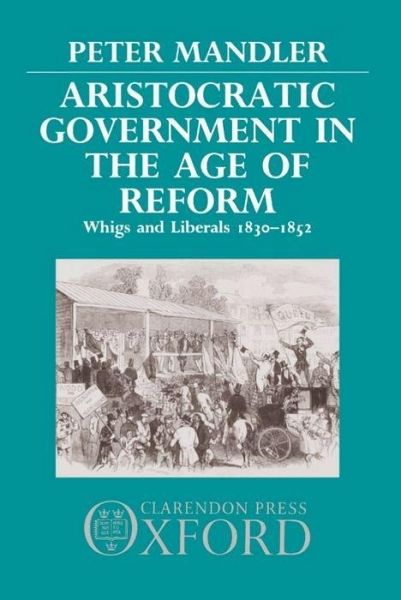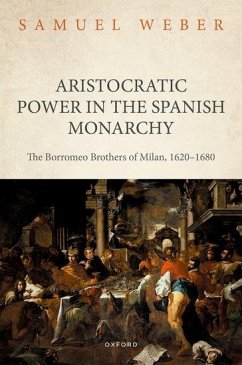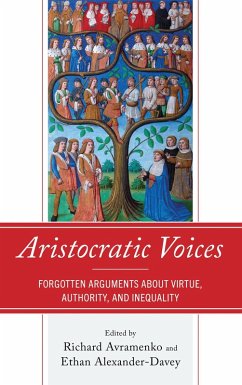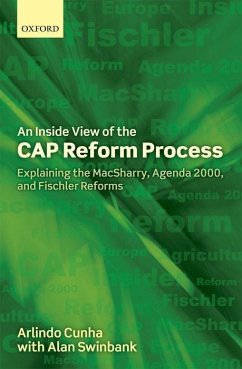
Aristocratic Government in the Age of Reform
Whigs and Liberals 1830-1852
Versandkostenfrei!
Versandfertig in 1-2 Wochen
191,99 €
inkl. MwSt.

PAYBACK Punkte
96 °P sammeln!
This book challenges the view that there was a smooth and inevitable progression towards liberalism in early nineteenth-century England. It examines the argument used by the high Whigs that the landed aristocracy still had a positive contribution to make to the welfare of the people. This argument came under scrutiny as the laissez-faire state met with serious criticism in the 1830s and 1840s, when the majority of people proved unwilling to accept the 'compromise' forged between the middle classes and other sections of the landed elite, and mass movements for political and social reform proliferated. The Whigs' readiness to embrace these pressures kept them in power for sixteen of the twenty-two years between 1830 and 1852, and allowed them to serve as the midwives of the 'Victorian origins of the welfare state'. Drawing on a rich variety of original sources, including many country house archives, Peter Mandler paints a vivid composite picture of the high aristocracy at the peak of its wealth and power, and provides a provocative and original analysis of how their rejection of middle-class manners helped them to govern Britain in two troubled decades of social unrest.












